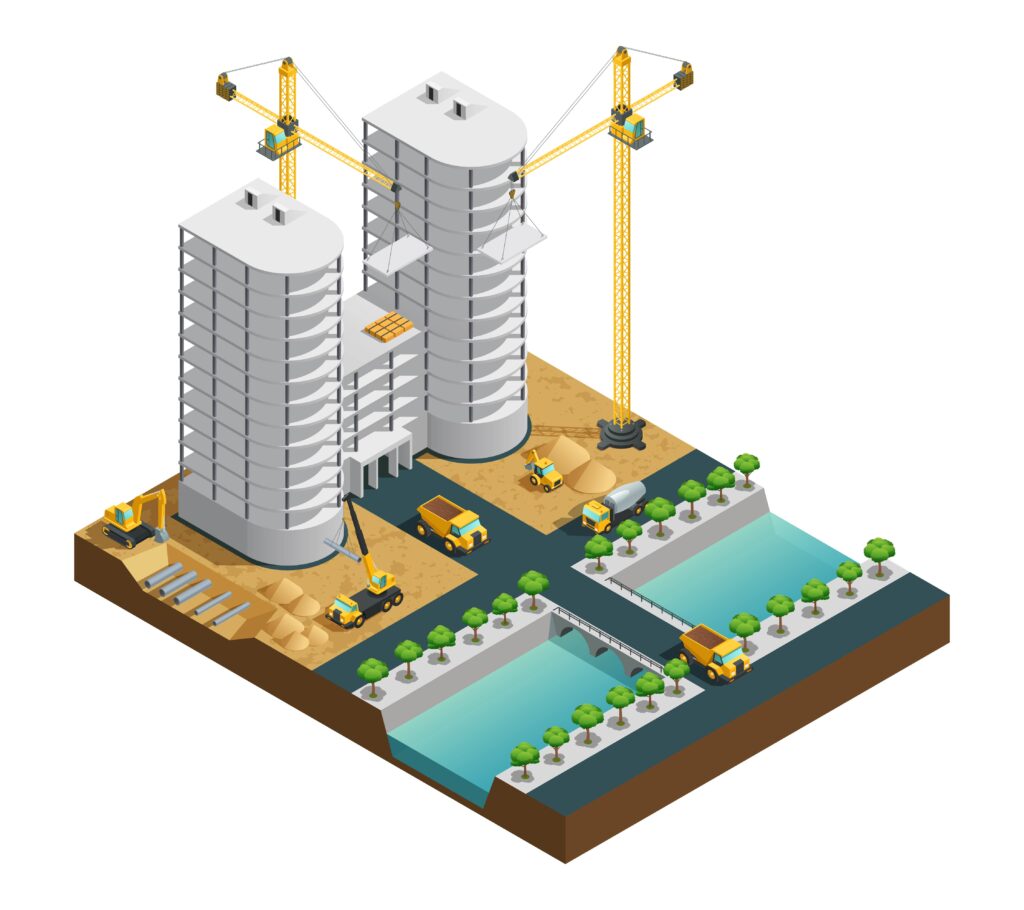
In addition, 3D printing, or additive manufacturing, in construction involves the layer-by-layer deposition of construction materials to create three-dimensional structures. This innovative approach allows for the fabrication of complex architectural designs and customized building components with minimal waste and labor.
The utilization of 3D construction technology offers numerous advantages, including accelerated construction timelines, reduced costs, and enhanced design flexibility. By eliminating the need for on-site fabrication of construction parts, 3D printing streamlines construction processes.
3D printing ranges from residential homes and commercial buildings to infrastructure projects and disaster relief efforts. In addition, its versatility allows for the creation of structural components, façade elements, and intricate architectural details with unprecedented speed and accuracy.
Despite its transformative potential, 3D construction technology faces challenges such as material selection, scalability, and regulatory considerations. However, ongoing research and development initiatives aim to further innovate in construction methods, materials and applications.
In conclusion, 3D construction technology, which offers unparalleled opportunities for efficiency, sustainability, and creativity, represents a paradigm shift in the way buildings are designed and constructed. As advancements continue and adoption rates rise, the construction industry is poised to be significantly shaped by the central role that 3D printing plays.
StayD Construction @. All rights reserved